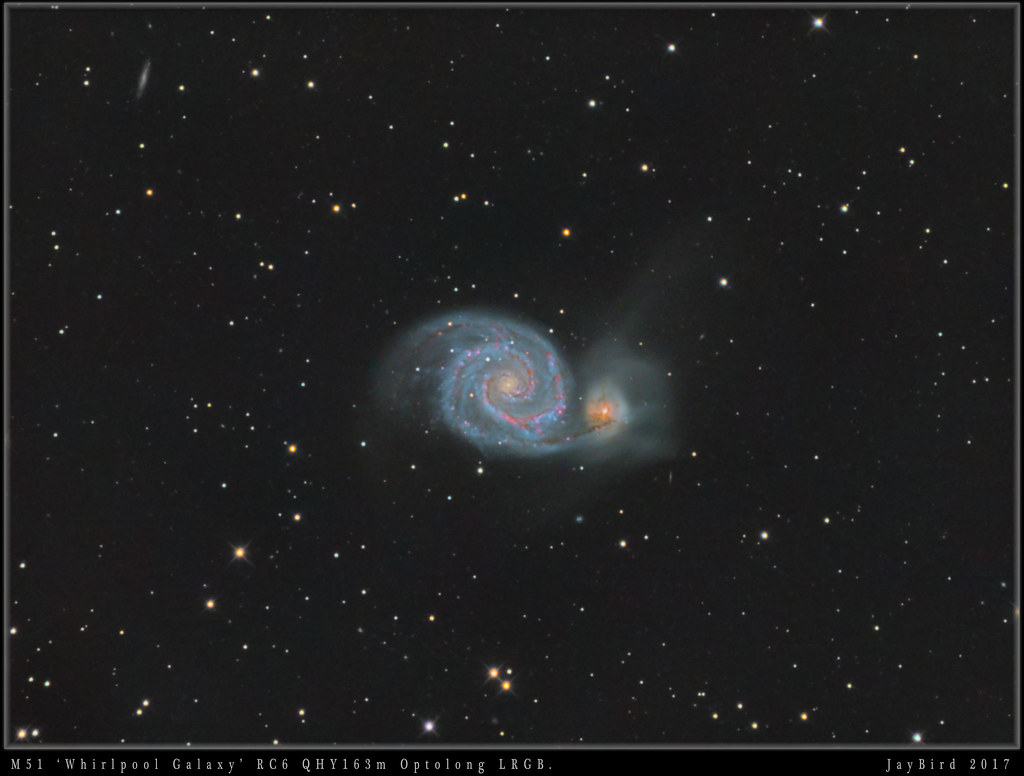Before i head over to the beginner section to try and get a handle on the subject, i thought i'd introduce myself here
Being based in the UK with an interest in astronomy, i spend a laughable amount of time actually DOING astronomy and the rest spent wishing i had a better hobby!
I love ALL sciencey stuff, but mostly nowdays, and especially with astronomy (and soon hopefully microscopy), i enjoy the photographic aspects and being able to record images of what i see at/in the eyepiece.
https://flic.kr/p/Tg73qe an example from my astrophotography on flickr
Increasingly i've been considering trading one of my telescopes for a microscope in the hopes of being able to make use of cloudy nights but continue to pursue my passion for science and photography, and of course visually it would be equally fascinating to watch tiny things up close
So i would be hugely grateful for any assistance, advice or a nudge in the right direction from those in the know.
Many thanks in advance,
Regards,
Jay

